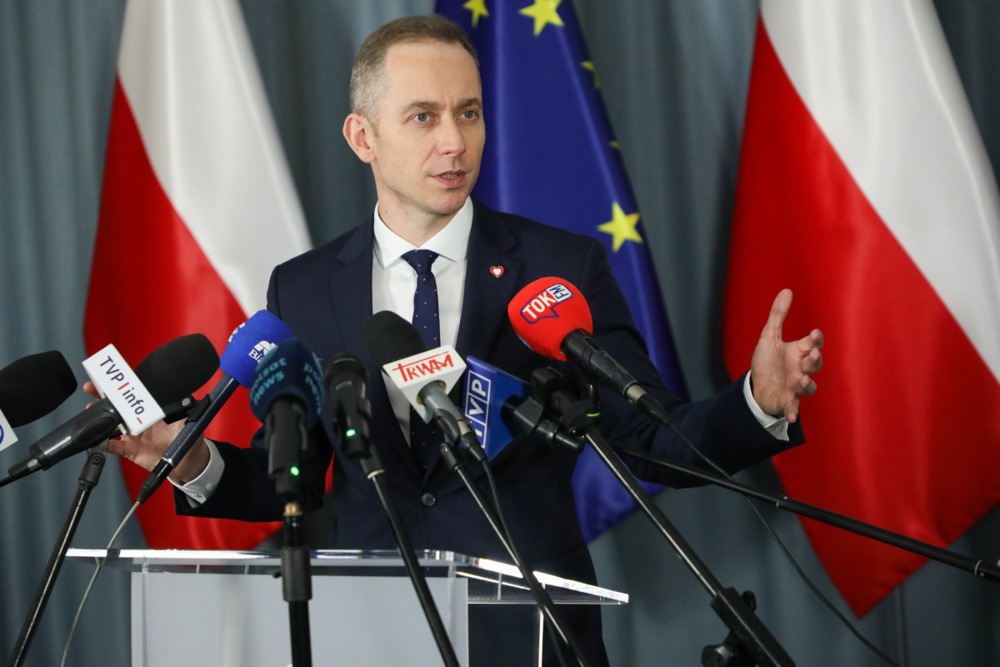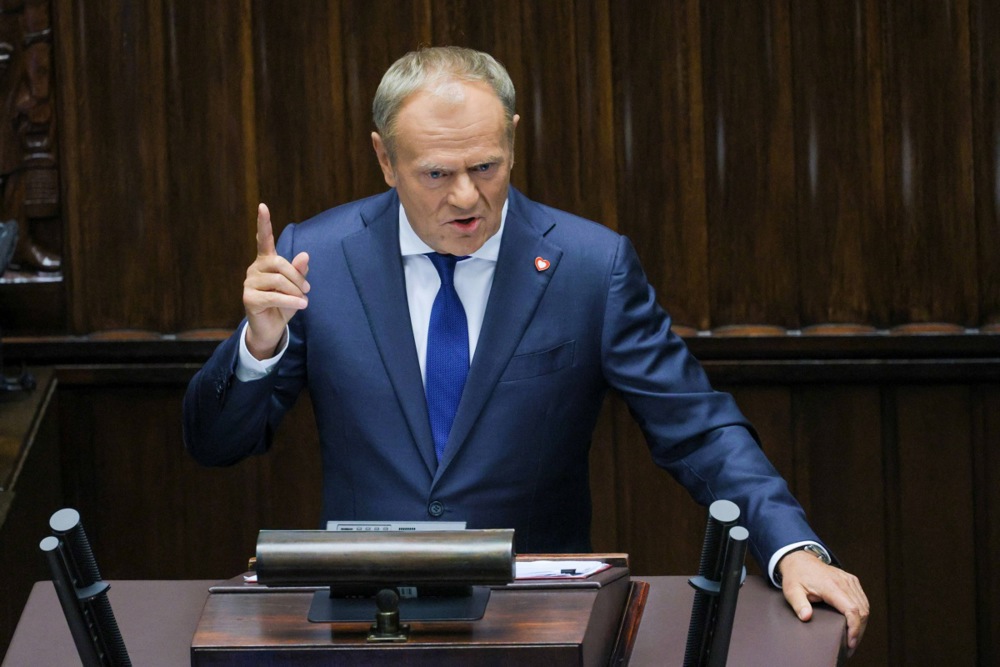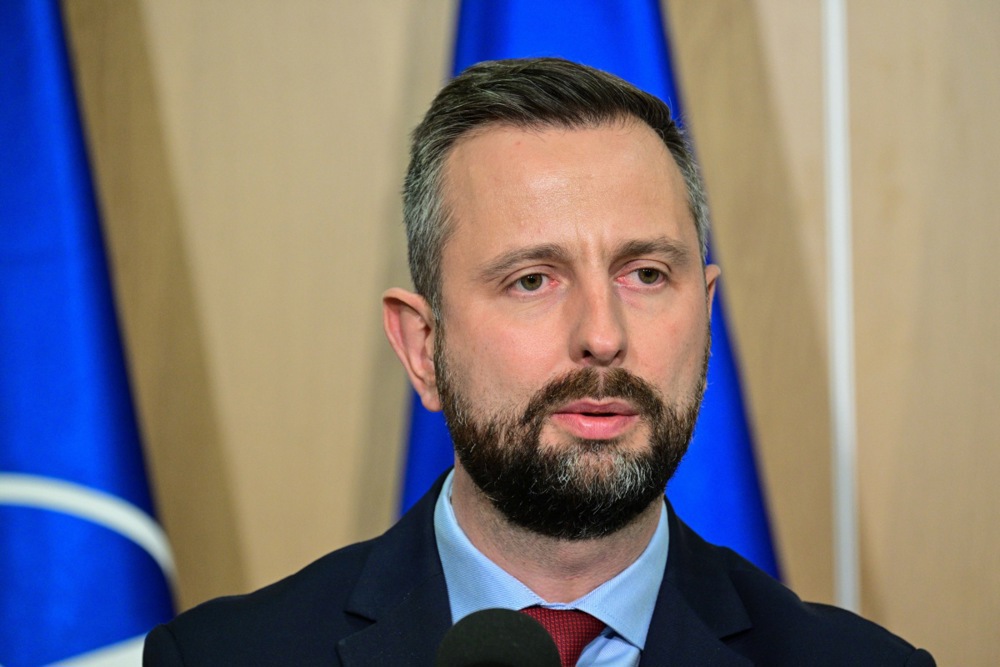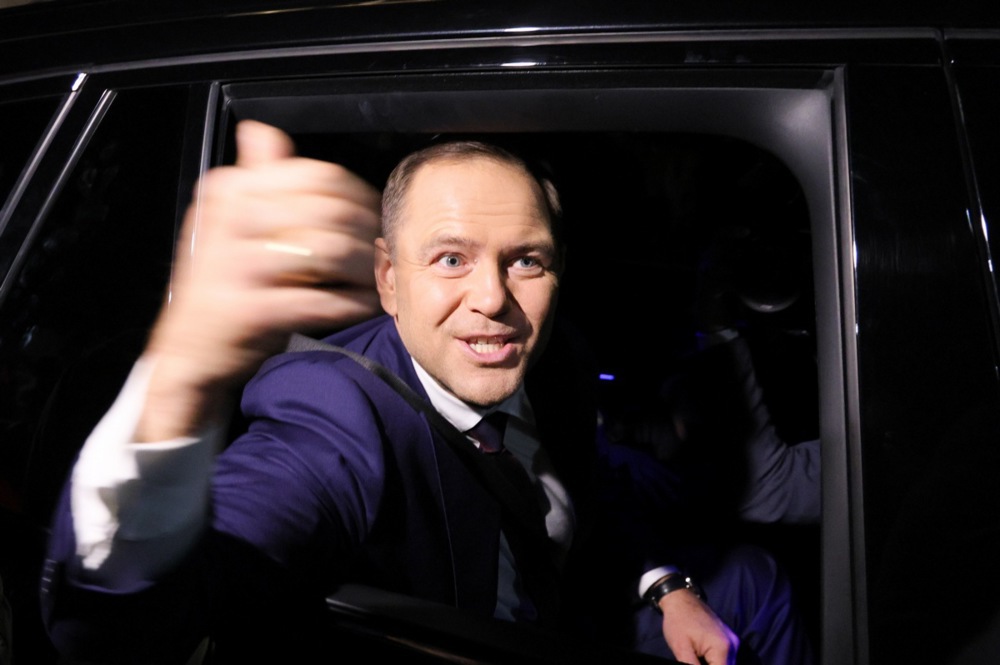Poland’s Third Way electoral alliance partners, the centre-right Polish People’s Party (PSL) and the centrist Poland 2050 party, have announced their electoral coalition has come to an end.
They confirmed, though, that both parties were staying within the centre-left coalition government led by Prime Minister Donald Tusk.
On June 17, the PSL ’s leadership met to discuss a way forward after the presidential election that saw the Tusk government suffer a painful defeat.
Afterwards, Hołownia issued a statement saying his party “accepts the decision of our coalition partner PSL to effectively end the Third Way project”.
The two parties confirmed the break-up on June 18 and said they planned to stand independently of each other in the next parliamentary elections due in 2027.
The PSL leader Władysław Kosiniak-Kamysz, who serves as defence minister in Tusk’s government, framed the decision as the natural conclusion of a tactical alliance.
“Third Way was an electoral project. From the start we had separate parliamentary caucuses, not one party structure,” he said. “We committed to four elections. That’s now behind us.”
The Tusk coalition is made up of his Civic Coalition (KO), the Left party, the PSL and Poland 2050 and holds 243 out of the 460 seats in Poland’s parliament. The PSL and Poland 2050 have 32 seats each in parliament.
The Third Way alliance was formed in 2023 ahead of the parliamentary election in which it polled 14 per cent and then formed a coalition government with Tusk and the Left.
The alliance’s vote held up in the local elections but collapsed to just under 7 per cent in the European parliamentary election.
The Third Way’s presidential candidate, leader of his Poland 2050 party and Speaker of Parliament Szymon Hołownia, polled just under 5 per cent of the votes in the presidential election first round on May 18, coming a distant fifth.
Hołownia had managed to poll 14 per cent in the 2020 presidential election.
The PSL , the oldest political party in Poland, existed before the Second World War and became the focus of opposition to the Communists post-war before its leader had to flee the country following the rigged parliamentary election in 1947.
During the Communist period, the party became a satellite party for them under the new name of the Polish People’s Union (ZSL) but reverted to its traditional name of PSL immediately upon Poland regaining its independence in 1990.
Since then, the PSL has been a coalition partner of the post-Communists (SLD) and then Tusk’s KO.
In most elections it has stood on its own but in 2019 formed an alliance with the right-wing Kukiz 15 grouping led by former rock star and presidential candidate Paweł Kukiz, and then with Hołownia’s Poland 2050 in 2023.
The two parties have not seen eye to eye over issues such as abortion and same sex unions, nor on the European Union’s climate policies, with the PSL adopting more conservative positions than Poland 2050.
But the key reason for the break-up seemed to have been the fact that Third Way has for more than a year consistently polled below the 8 per cent threshold required for electoral alliances of parties to enter parliament.
Now that the two are separate they can either stand alone facing a 5 per cent threshold, or one or both may decide to form an electoral alliance with the KO.
PSL is the only part of Tusk’s coalition that since 2023 has been courted by the opposition Conservatives (PiS) with offers of making Kosiniak-Kamysz prime minister. That would be in return for his party quitting Tusk’s coalition to join one with PiS and the right-wing Confederation party.
The PSL has so far resisted the temptation to join a government coalition with PiS and has kept faith in its coalition with Tusk’s KO, the party with which it is allied inside the European People’s Party (EPP) .
It has served in coalition governments for almost 10 years, from 2007 to 2015 and 2023 to 2025.





